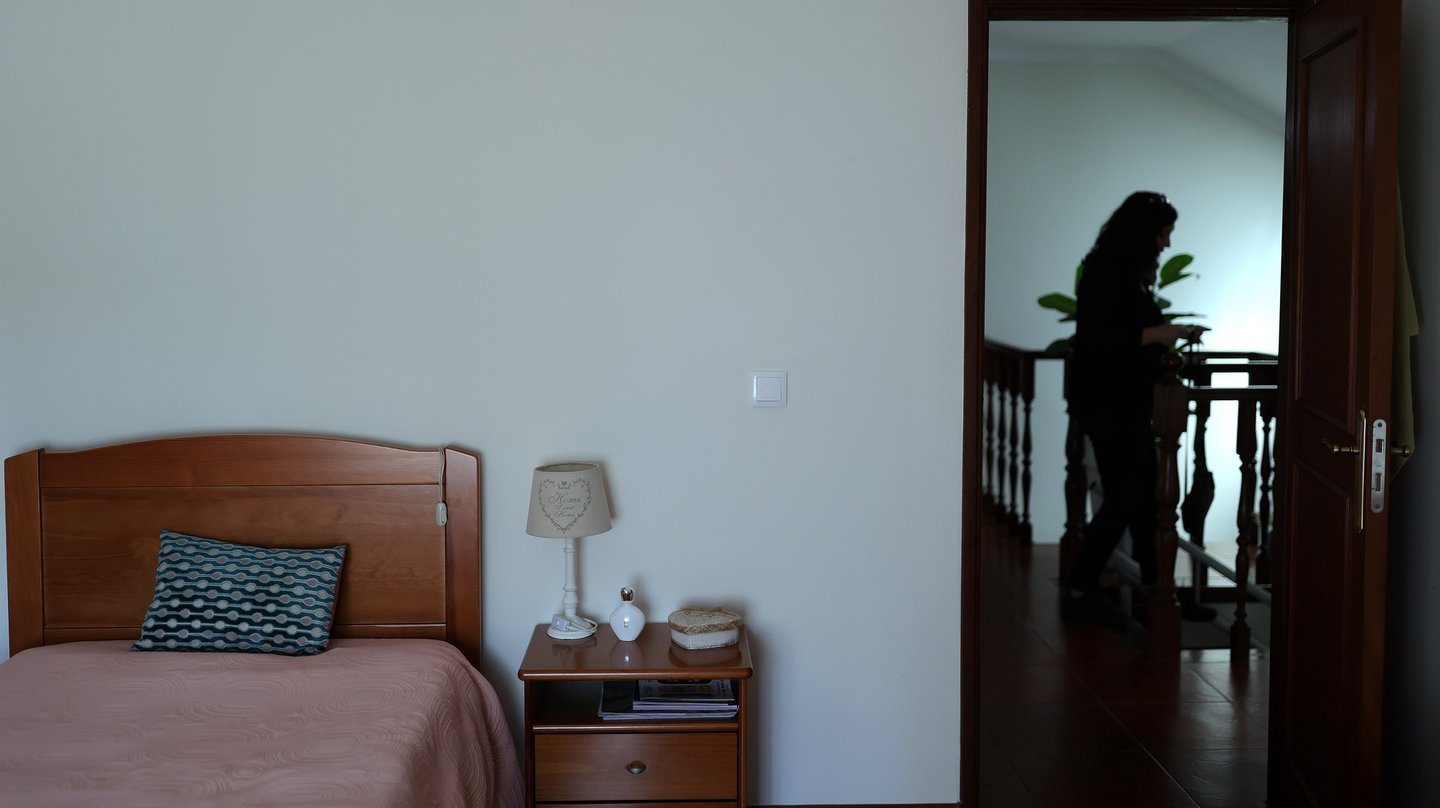
The seven spaces of the shelter for women with disabilities who are victims of domestic violence “are manifestly insufficient” for signage, warned the director of the institution that manages the response, according to which financing is a problem.
EITHER pilot project started in 2018following an invitation made by the then Secretary of State for Citizenship and Equality, Catarina Marcelino, for the Águeda institution, with decades of work with thousands of people with disabilities, to take on this new challenge.
In an interview with the Lusa agency, the technical director of CERCIAG admitted that, at that time, the project was a challenge that generated fear, since, despite the experience with people with disabilities, the institution I had no experience in the field of domestic violence.
“We thought we would be able to do it because [estava sinalizada] some difficulty in responding to the needs of this very specific population in the area of violence”, pointed out Luísa Carvalho.
The official explained that the project began as a pilot to later “draw conclusions that can serve as a basis for results and indicators and that can be a replicable project” at the national level.
According to Luísa Carvalho, the pilot project should last about two years, but the pandemic changed the deadlines and dragged to 2023 what should have ended in 2020.
On the other hand, he stressed, the pandemic also had the consequence that the signs of intra-family violence fell compared to previous years, since the victim and the aggressor began to live together 24 hours a day.
“The cases that have been reported are clearly minor and, in the case of women with disabilities, the issue is even more serious. [porque] In general, the woman with a disability lives with the caregiver, who in most cases is the aggressor and in many situations is also the legal representative,” said the person in charge.
According to the technical director, the existing response, which translates into the only shelter of its kind in the entire country, is deficient for the demand that has existed, as a result of the number of flagged cases.
“Clearly, regarding the signs that we have, the seven places are manifestly insufficient,” he warned, highlighting all the long-term work that must be done with these people, that is, the construction of a life project that involves returning to the local fountain.
Luísa Carvalho argued that it is necessary to train these women, but taking into account that the information must be accessible from the cognitive point of view, since access to information “It is also a fundamental right”and because only then will it be possible to “prevent in time (…) situations of future violence.”
The official pointed out that “a large part” of these women are victims of people who had an obligation to protect them, stating that there are cases of sexual assault, situations of drug abuse, economic dependence or removal of prostheses so that people lose autonomy. .
For the technical director, the work done with these people also serves to restore their visibility and dignity, emphasizing that these five years have been “a unique experience”, on a path “traveled with them”.
He admits, however, that the institution was not prepared for the project to take so long, pointing out that, in addition to the problem of the lack of vacancies, there is a lack of responses in the areas of residence.
“It is being absolutely impossible and that causes us many problems”denounced.
He revealed, on the other hand, that the financing of the shelter has been a problem over the years and that the amount received by the institution does not cover even 50% of the expenses. That is why help was sought from the local authority, which guarantees an additional 30% of the costs.
“We have reached 80%, but there is still 20% to go”, he pointed out, warning that the situation is “absolutely unsustainable” and that people with “serious dependencies” are at stake, some of whom “will never be autonomous”.
For this reason, Luísa Carvalho admits that each and every one of the funds raised by the “Uma Imagem Solidária” initiative, which gathers photographs of professional and amateur photojournalists and which this year reverts to this institution, “are extraordinarily welcome”.
The person in charge warned that the financing of the shelter ends in June and has not yet opened a new tenderwhich leads her to argue that this type of response no longer depends on community funds and is now included in the General State Budget.
She also said that she had had a conversation with the Secretary of State for Equality and Migration, Isabel de Almeida Rodrigues, who reassured her by guaranteeing the continuity of the project.
Source: Observadora